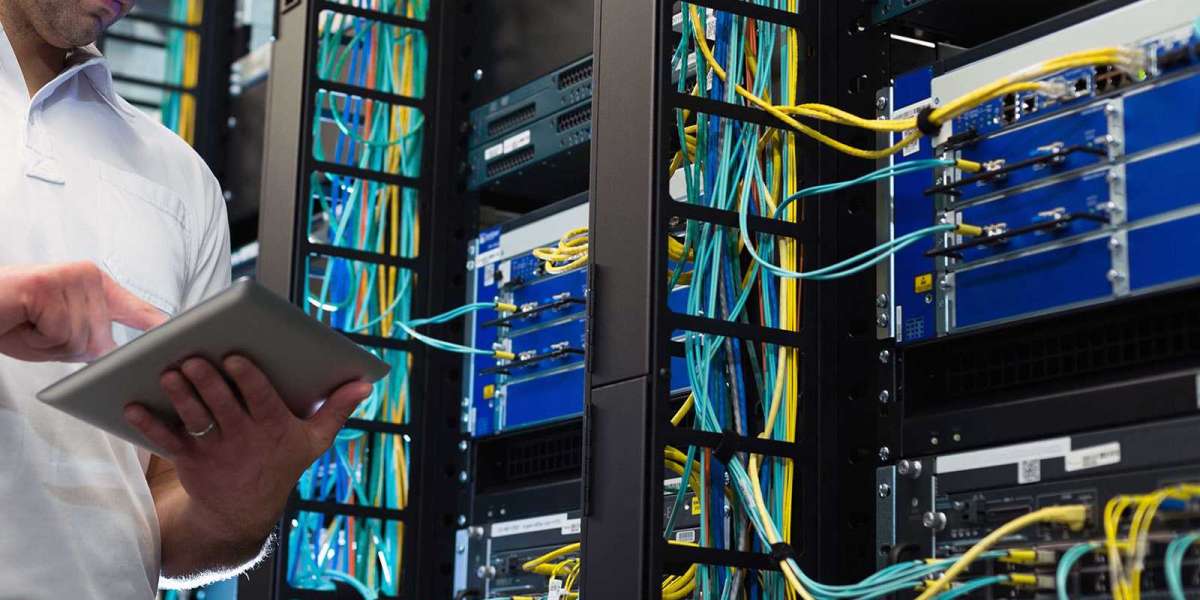Understanding CCNA 200-301
The CCNA 200-301 course represents a comprehensive overhaul of its predecessor, consolidating and modernizing the content to align with the evolving demands of the industry. Designed to provide a solid foundation in networking fundamentals, this course equips candidates with the knowledge and skills needed to thrive in today's dynamic IT environment.
Streamlined Syllabus
One of the most notable changes in the CCNA 200-301 course is the streamlined syllabus. Previous versions of CCNA often contained redundant or outdated topics, leading to a bloated curriculum. However, with the 200-301 iteration, Cisco has focused on essential concepts, eliminating redundancy and ensuring relevance to real-world scenarios. This enables candidates to delve deeper into critical areas without being overwhelmed by unnecessary information.
Emphasis on Network Automation
In response to the growing prominence of automation in networking, the CCNA 200-301 course in india places a significant emphasis on network automation and programmability. As organizations increasingly adopt software-defined networking (SDN) and intent-based networking (IBN) solutions, networking professionals need to possess proficiency in automation tools and scripting languages. The new syllabus covers topics such as Python programming, RESTful APIs, and automation tools like Ansible, empowering candidates to automate routine tasks and streamline network operations.
Integration of Security Fundamentals
Security has become an integral aspect of modern networking, and the CCNA 200-301 certiffication reflects this by integrating security fundamentals throughout the curriculum. Candidates learn about key security concepts, including threat mitigation techniques, secure network access, and basic cryptography. Additionally, the syllabus covers topics related to network security appliances, such as firewalls and intrusion prevention systems (IPS), equipping candidates with the knowledge to identify and address security vulnerabilities within network infrastructures.
Focus on Cloud Technologies
With the widespread adoption of cloud computing, networking professionals must possess a solid understanding of cloud technologies and their implications for network architectures. The CCNA 200-301 course addresses this need by introducing cloud computing concepts and exploring the integration of on-premises networks with cloud environments. Candidates learn about cloud service models, deployment models, and best practices for securing cloud-based resources, preparing them to navigate hybrid cloud environments effectively.
Enhanced Practical Labs
Practical hands-on experience is essential for mastering networking concepts, and the CCNA 200-301 exam recognizes this by incorporating enhanced practical labs into the curriculum. Through simulated networking environments, candidates have the opportunity to apply theoretical knowledge to real-world scenarios, troubleshooting network issues, configuring network devices, and implementing solutions. These labs not only reinforce learning but also instill confidence in candidates as they prepare for real-world challenges.
Adaptation to Industry Trends
Cisco has always been at the forefront of industry trends, and the CCNA 200-301 course reflects this by incorporating the latest advancements in networking technologies. From emerging protocols to innovative networking paradigms, the syllabus covers a wide range of topics that are shaping the future of networking. By staying abreast of industry trends, CCNA candidates are better prepared to tackle evolving challenges and contribute to the success of their organizations.
Conclusion
The ccna 200-301 course training represents a significant evolution in Cisco's certification program, reflecting the changing landscape of networking technologies. With its streamlined syllabus, emphasis on automation and security, integration of cloud technologies, and enhanced practical labs, the course equips candidates with the knowledge and skills needed to excel in today's dynamic IT environment. By embracing industry trends and preparing candidates for the challenges of tomorrow, CCNA 200-301 reaffirms Cisco's commitment to excellence in networking education.







